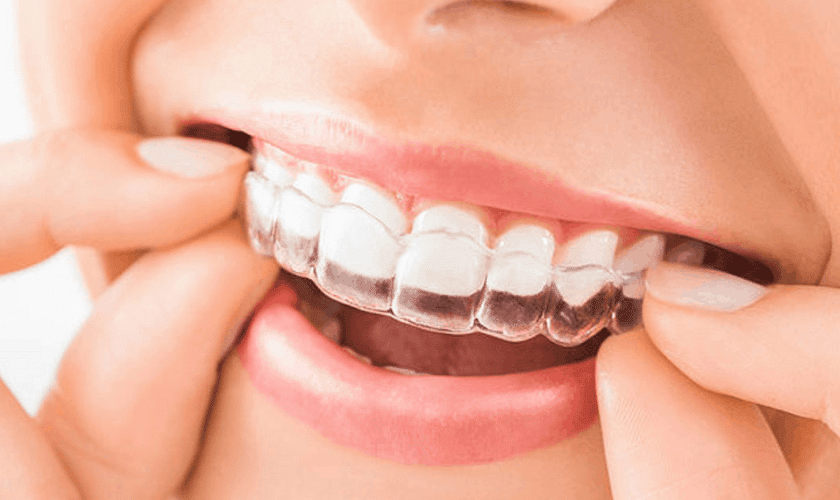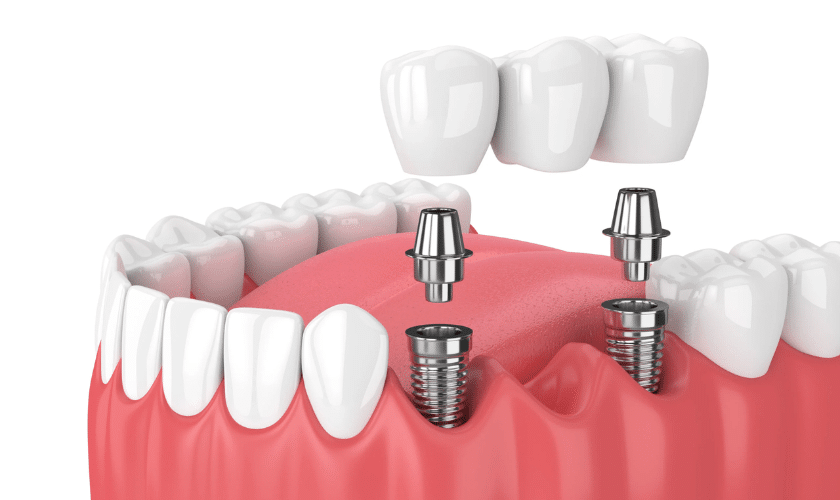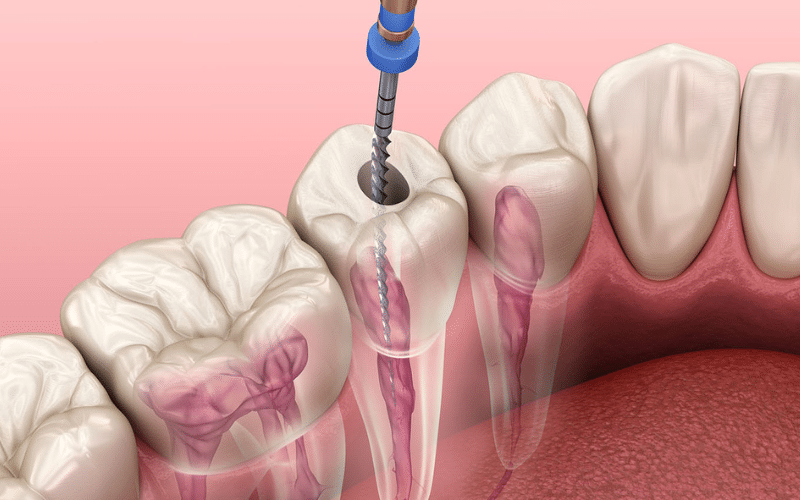
Do you suffer from dental decay and wish to restore your once-beautiful smile? Say hello to dental crowns! These versatile tools can help save your damaged teeth while providing a natural-looking, long-lasting solution. In this blog post, we’ll explore the various benefits of dental crowns and how they can keep tooth decay at bay. Keep reading to learn more and get ready to say goodbye to dental woes!
What is a Dental Crown?
Crowns can be made from several different materials, including ceramic (porcelain), metal, resin, or a combination of these materials. Your dentist will help you choose the right material for your needs based on the location of the tooth being treated, your bite, and your cosmetic goals.
A dental crown is a cap that is placed over a tooth. The crown restores the tooth to its normal shape, size, and function. It also makes the tooth stronger and more durable. Crowns are made from different materials, such as porcelain, ceramic, or metal.
One reason you might need a crown is if you have a large cavity. A filling will not be enough to support the tooth. Another reason is if you have had a root canal. This procedure removes the nerve from the tooth. Without a nerve, the tooth can become brittle and break easily.
Benefits of Dental Crowns
Dental crowns are an effective way to protect your teeth from decay and other damage. Here are some of the benefits of dental crowns:
-Dental crowns can help prevent tooth decay: When a tooth is covered by a dental crown, it is less likely to develop cavities or other forms of decay.
-Dental crowns can improve the appearance of your smile: If you have a tooth that is misshapen or discolored, a dental crown can cover up these imperfections and give you a more attractive smile.
-Dental crowns can also make it easier to chew your food: If you have a tooth that is weak or damaged, it may be difficult to chew properly. A dental crown can help to make chewing easier and more comfortable.
How to Prepare for a Dental Crown Procedure
A dental crown procedure is a treatment used to restore a tooth that has been damaged by decay or injury. The procedure involves placing a new, artificial tooth over the existing tooth.
Before having a dental crown procedure: It is important to consult with your dentist to discuss the best treatment option for your individual case. Your dentist will also need to take x-rays of your teeth in order to determine if a dental crown is the best option for you.
If you and your dentist decide that a dental crown is the best treatment option: There are some things you can do to prepare for the procedure. First, it is important to brush and floss your teeth thoroughly before your appointment. This will help to remove any plaque or bacteria that could cause infection during the procedure.
It is also important to eat a healthy diet and avoid sugary foods and drinks before your appointment. Eating sugary foods can increase the risk of cavities, which can make the dental crown procedure more difficult.
It is important to arrive at your appointment on time and relaxed. Dental procedures can be stressful, so it is important to take deep breaths and relax as much as possible before your appointment.
Types of Materials Used for Dental Crowns
Decay and damage to teeth is a common problem that many people face. While there are various ways to treat this issue, getting dental crowns is often the best solution. Not only do dental crowns help to improve the appearance of your smile, but they can also protect your teeth from further decay and damage.
There are many different types of materials that can be used for dental crowns, which will be discussed in more detail below.
-Porcelain: Porcelain is a popular material for dental crowns as it can closely match the color of your natural teeth. In addition, porcelain is a strong and durable material that can last for many years with proper care.
-Ceramic: Ceramic is another option for those looking for a tooth-colored dental crown. Ceramic crowns are typically less expensive than porcelain crowns, but they may not last as long.
-Gold: Gold crowns are made from an alloy of gold and other metals. They are usually more expensive than other types of dental crowns, but they are also very durable and long-lasting. Gold crowns can also be customized to match the color of your natural teeth if desired.
-Stainless steel: Stainless steel is a durable metal that is often used for temporary dental crowns. It is important to note that stainless steel crowns will not match the color of your natural teeth and should only be used on a
What to Expect During and After the Dental Crown Procedure
When you come in for your dental crown procedure, the first thing our team will do is numb the area around your tooth. Then, we’ll use a drill to remove any decay and shape the tooth so that the crown can fit snugly. Next, we’ll take an impression of your tooth so that we can create a custom-fit crown.
Once your crown is ready, you’ll come back in for a second appointment. During this appointment, we’ll numb the area around your tooth again and then attach the crown with dental cement. You may experience some sensitivity after the procedure, but this should go away within a few days.
It’s important to practice good oral hygiene even with dental crowns. Be sure to brush twice a day and floss daily. You should also see your dentist regularly for checkups and cleanings. With proper care, your dental crowns can last for many years!
There are many people who suffer from tooth decay and related dental issues, but with the help of dental crowns, they can restore their smile and protect against further damage. If you are looking for an effective way to reduce your chances of suffering from cavities or other forms of oral health deterioration, then a dental crown might be just what you need. With a little bit of extra care and attention to your teeth, you can have a beautiful, healthy smile that will last for years to come.





